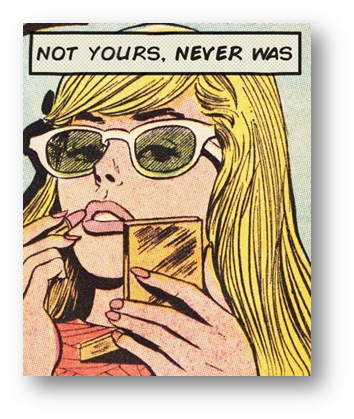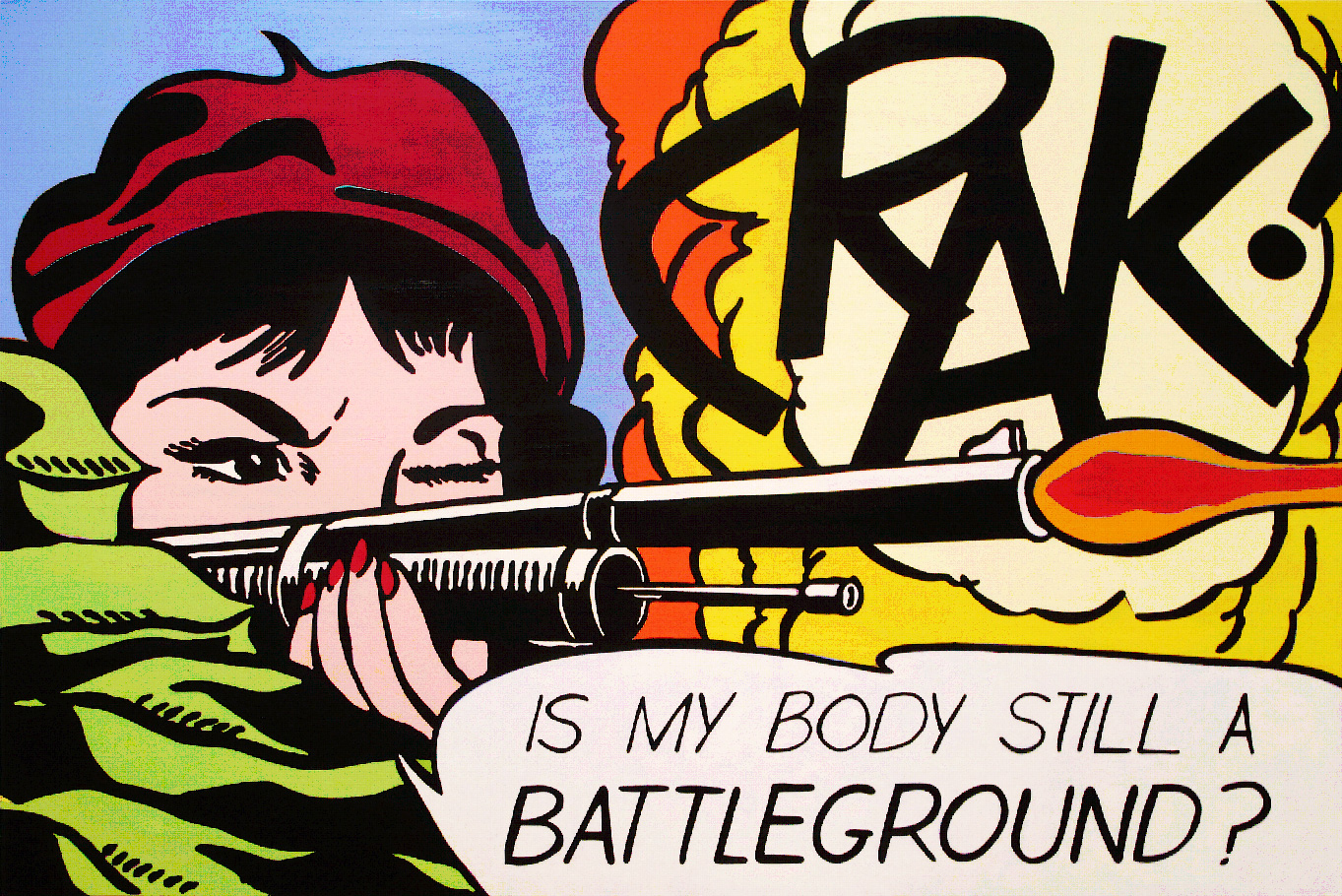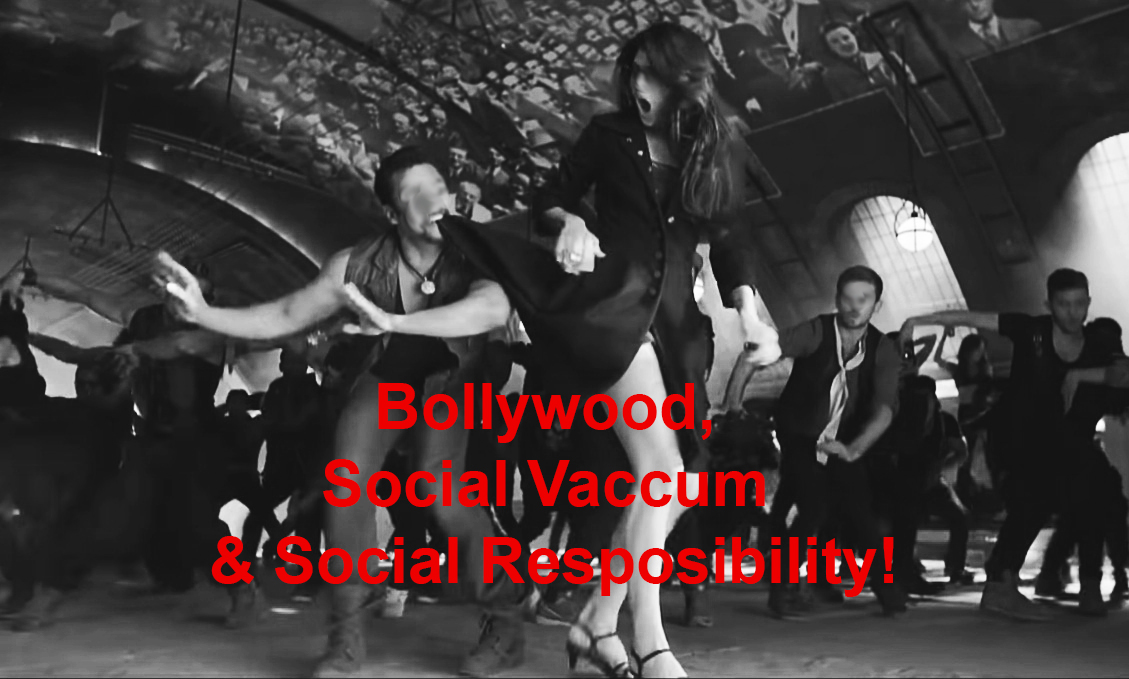If we look at the role of women in Indian cinema over the last 100 years, the sexualization and objectification of the female body is highlighted. If we look at the role of men in Indian cinema over the last 100 years, the need tobe dominant over the female body, both physically and mentally is highlighted. Over the last 100 years, this has not changed. What has changed is the way the desire to own the female body and the violence that accompanies this desire has become more expressive, normative and the methods have become more varied.
There are three categories that women are always relegated to when it comes to Indian cinema. The mother, the love interest and the item, and they are always playing roles of sacrifice, devotion and/or nurturer in our society. Indian cinema does not only divide women into normative categories and objectifiesthem; they also economize on the suffering of women and the need of the male gaze to see women suffer.
If we look at the role of women in Indian cinema over the last 100 years, the sexualization and objectification of the female body is highlighted. Same period of time, male roles have been of domination. And over the last 100 years, this has not changed.
When we see movies where the narrative dictates that the female body needs to be owned, if not by marriage then by rape or public humiliation of the female body, what becomes evident is that coercion or submission is what is catered to the perspective of the heterosexual male. With the recent release of Bollywood films where violence toward, and on the female body is not just accepted, but necessary to entice the hyper-masculine with their gaze penetrated at her, what I want to ask is why is this needed to make a man feel like a man?
What becomes evident is that coercion or submission is what is catered to the perspective of the heterosexual male.
While watching a recent Bollywood release, my experience with a particularly violent scene, was to hear the males around me hoot and clap because they agreed and enjoyed it, when the male lead slapped the female actress for talking back to him. The problem isn’t just the movie, it’s the men of our society and how they have been brought up with notions of masculinity and the power and sense of domination that comes with possessing a penis. When these men come to theatres and see movies where stalking is okay, where touching a woman without consent is okay, where following her to her college is work-place is romantic, where they can pull her into corners of shady alleys and block their escape with their arms is fantasy, where they believe holding a knife to the throat of a female and asking her to take her shirt off is kinky, where they listen to music that tells you that her sareekapallu is meant to be taken off by a man, where her, no can be yes and her yes is yes, where raping a woman is okay as long as the act is not shown on the screen but plays out in the imagination of the audience; these men feel entitled.
I was watching a movie where a man slaps a woman and the men viewers started clapping and hooting, this shows the problem is the men of our society who have been raised with notions of masculinity and the power and sense of domination that comes with possessing a penis.
They feel entitled to actually repeat these actions in real life and get away with it. But they especially feel entitled to violence against women. Bollywood’s catering to the romanticization of violation and discrimination of the female body by materializing ideas of eve-teasing, stalking and even rape in the form of popular film culture and lyrics, men start to accept this as their form of entertainment and as normal. And this is what is shocking. The fact that our society has moved to a point where men following women brings satisfaction, when seeing skin is considering an invitation, where making women uncomfortable with unwanted touches brings them sexual pleasure, where forcing themselves on women is an act of protection. But who do we need protection from? And why will men protect us when they are the ones who threaten us on a daily basis, in all sectors of life.


At a time when women are fighting for their rights and breaking free of taboos and stereotypes, we start seeing rape as sex with a forbidden woman, or when we start the act of forcing a woman into submission as romantic, that triggers concerns. Having women in movies represent the way Indian men treat Indian women, and we already know that India is the most dangerous country for women. Instead of including safety, female perspective and equality in our popular culture, when we start clapping to scenes of men slapping women is when we should feel ashamed and also angry. Angry enough to boycott, angry enough to fight and also angry enough to show that female bodies are not for taking at the man’s will.


Artwork by Roy Litchenstein





